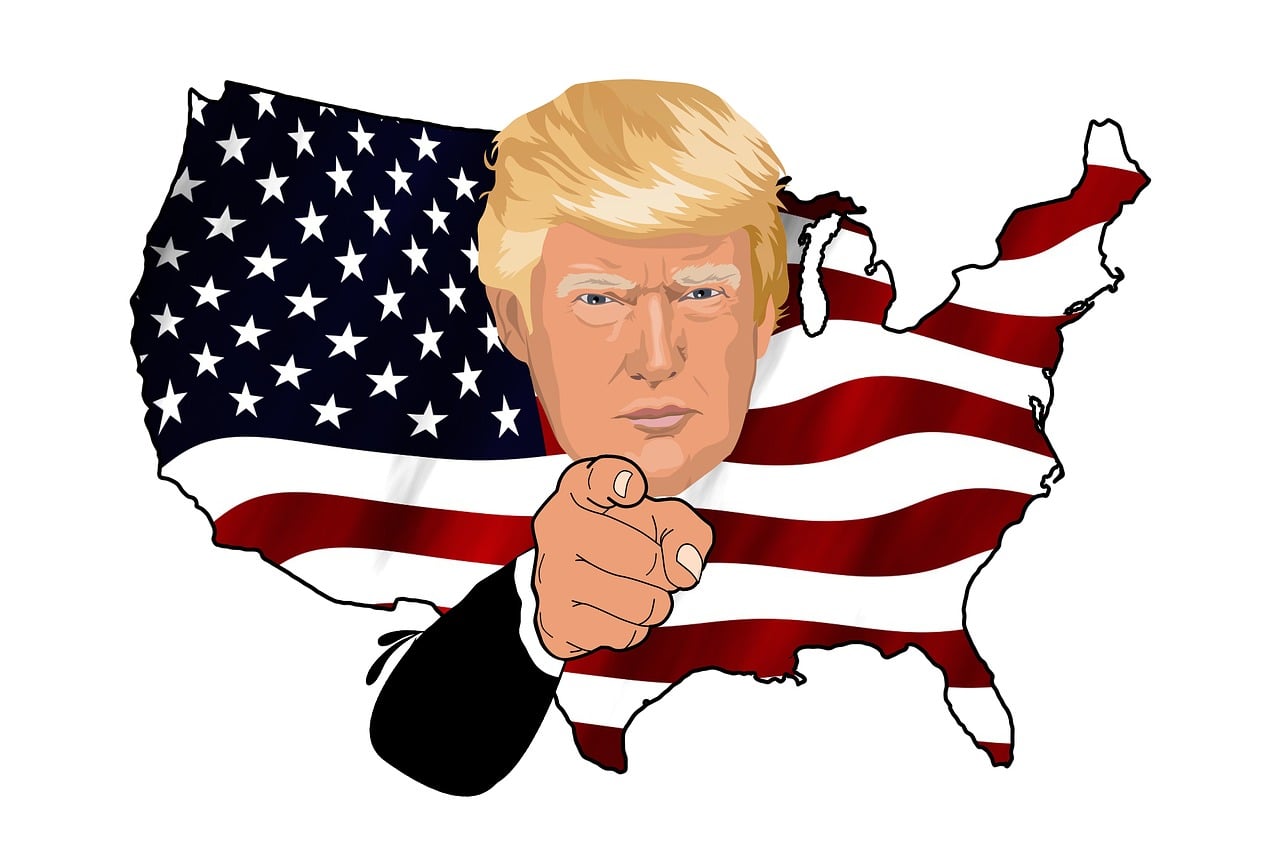As Prof Predicted More Than a Year Ago – There Was No Collusion; Criminal Law Standards, Especially Involving Free Speech, Can Be Very Exacting
WASHINGTON, D.C. (March 24, 2019) – The summary of the Special Counsel’s report appears to confirm that President Donald Trump did not engage in any illegal collusion; a legal conclusion reached and published by public interest law professor John Banzhaf more than a year ago. At that time he wrote the following.
Q4 hedge fund letters, conference, scoops etc
Many are suggesting that Special Counsel Robert Mueller's three federal indictments show that he is getting closer to proving collusion between the Trump campaign and a foreign government. But, even if that happened, and the proof of such collusion were overwhelming, it may not constitute a crime.
Federal law governing foreign contributions to US campaigns provides that "It shall be unlawful for a foreign national, directly or indirectly, to make a contribution or donation of money or other thing of value . . . in connection with a Federal, State, or local election." [52 U.S. Code § 30121] It also makes it unlawful for "a person to solicit, accept, or receive a contribution or donation" as described above.
Although the phrase "a contribution or a donation of money or other thing of value" establishes that the prohibition include contributions other than cash, stocks, etc., it is not at all certain that "thing of value" includes mere information. More likely, says Banzhaf, it was meant to include other valuable things with some monetary value such as providing transportation on a private plane, providing a skilled and/or knowledgeable person to work with the campaign, operating a phone bank on behalf of a candidate, etc.
Indeed, since the mere solicitation of a thing of value from a foreign national, even if it is never received, can constitute a crime, those Trump associates who have already admitted to meeting with a Russian in the hope of obtaining "dirt" for possible use in the campaign arguably could be charged with a crime simply for soliciting the information, but only if the "thing of value" in the statute included just such information.
Further, argues Banzhaf, the exchange of mere information constitutes speech, and any attempt to criminalize speech is severely restricted by the First Amendment.
While some speech in the form of disclosures of mere information can and indeed has been criminalized - e.g., insider information involving stock transactions, willful disclosure of certain classified information - courts under what is called the "Clear Statement Rule" have usually insisted that any such attempts by Congress to criminalize pure speech must be very clearly spelled out in statutory language, and not simply what might or might not be inferred from a vague phrase like "other thing of value."
Indeed, it's not clear that the mere disclosure of "dirt" on a candidate by a foreign national could constitutionally be made a criminal act. For example, and strictly hypothetically, if a Kenyon national living in or even just visiting the U.S. before Barack Obama's election knew of a serious but secret criminal conviction of Obama in Kenya, and desired for any reason whatsoever to let the opposing party know of that fact, it's hard to see how criminalizing that disclosure could be consistent with the First Amendment.
On the contrary, any such information may be of significance to many voters, so we would probably want it to be made available to the public, no matter the source of the motive for disclosure.
Similarly, a Republican campaign official who simply asked a Kenyan friend before the presidential election if he know anything unfavorable that Obama had done in Kenya would almost certainly not be committing a criminal act.
In short, suggests Banzhaf, while the word "colluding" has very negative connotations, and "colluding with the enemy" might be a very serious charge from a political and public relations point of view, it might not be enough to establish a crime under our election law - although lying about it to a federal agent, or falsifying information about it on a federal form, would in most cases be a criminal act.
JOHN F. BANZHAF III, B.S.E.E., J.D., Sc.D.
Professor of Public Interest Law
George Washington University Law School,
FAMRI Dr. William Cahan Distinguished Professor,
Fellow, World Technology Network,
Founder, Action on Smoking and Health (ASH),
2000 H Street, NW, Wash, DC 20052, USA
(202) 994-7229 // (703) 527-8418
http://banzhaf.net/ jbanzhaf3ATgmail.com @profbanzhaf





